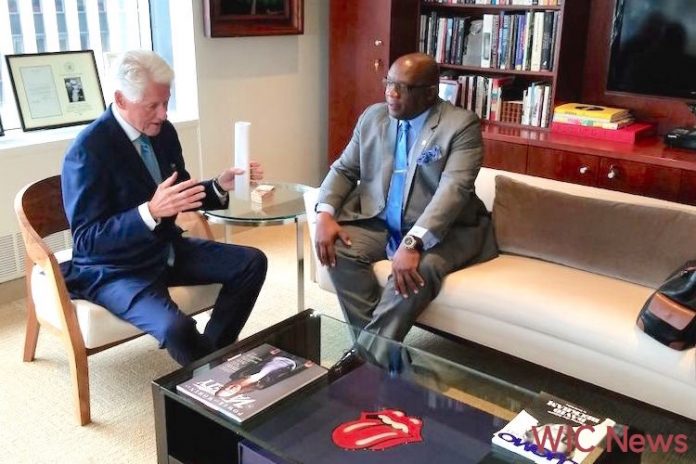(CARICOM Secretariat, Turkeyen, Greater Georgetown, Guyana) Caribbean Community (CARICOM) Secretary-General, Ambassador Irwin LaRocque, has called for a recommitment of efforts to provide the enabling environment that would improve the quality of life of rural women.
In statement to mark International Women’s Day 2012, Ambassador LaRocque stressed the importance of addressing the special needs of rural women and girls as this he stated was very important to “Caribbean development, gender equality in the Region and the sustainability of development gains.”
The CARICOM Secretary- General said that the stability of the region and the global community was threatened by increasing poverty and inequality, lack of food security and the decline of the rural communities.
“For the Region to effectively address these challenges and the broader social and economic impact, we must pay attention to the persistent gaps that impact the lives of rural women,” Secretary-General LaRocque said.
International Women’s day is being observed under the theme: Empower Rural Women – End Hunger and Poverty, According to the CARICOM Secretary-General the theme underscored the need to enable women and girls to achieve a better quality of life. He noted that the plight facing the Region’s women mirrored a global reality which saw rural women enduring more difficulties than men in accessing public services, social protection, employment and markets, due to cultural norms, security issues and lack of identification documents.
Ambassador LaRocque in acknowledging the strides made in a number of areas for women in the Region, noted that despite those strides, many rural women remained marginalised as their living conditions were characterised by high levels of poverty, as well as limited access to social services, adequate housing and health services. “
Considering that rural women accounted for a great proportion of the agricultural labour force, ranging from three percent in Belize to 50 percent in Barbados; addressing the needs of rural women and girls was important to the sustainability of development gains in the Caribbean,” he added.
He stated that the Caribbean Community was very much aware and concerned about those issues and would soon release research findings from the CARICOM Advocate for Gender Justice, Dr. Rosina Wiltshire who conducted a study titled Youth, Masculinity and Violence in the Caribbean. The Secretary-General also pointed to public education materials produced by the CARICOM Secretariat in tandem with UN Women to expose the level of violence against women in the region.
“Fifteen artists from Belize, Guyana and Suriname came together to add their voices to the global campaign led by the United Nations Secretary-General, to end violence against women. They produced public service announcements, jingles, a calypso and a documentary on sexual, psychological and physical violence and we are pleased to share these with Member States of the Community,” he concluded.


